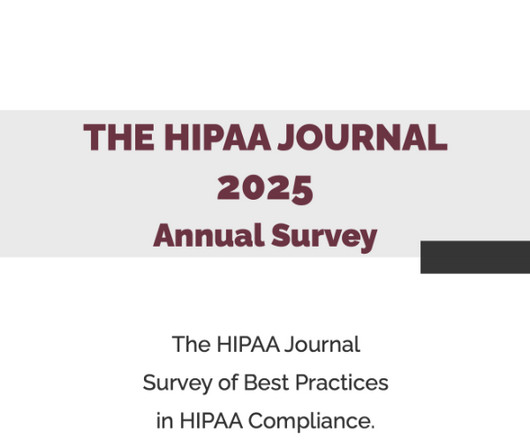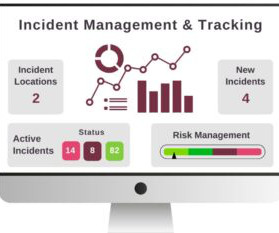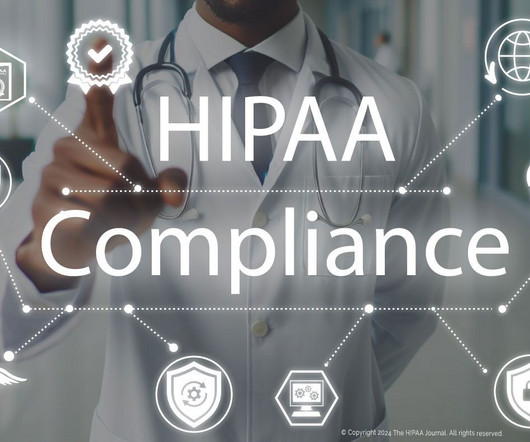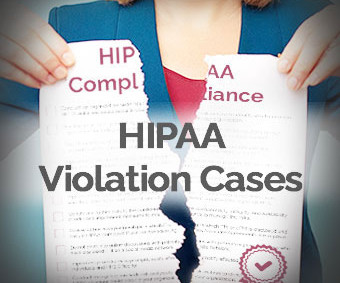2025 HIPAA Journal Annual Survey Published: Key Insights into Compliance Challenges
The HIPAA Journal
JUNE 12, 2025
For example, the survey found that a significant number of healthcare organizations have not appointed a dedicated HIPAA Privacy Officer who holds sufficient decision-making authority, raising concerns about their leadership’s commitment to HIPAA compliance. The survey also examined training practices at HIPAA-regulated entities.















Let's personalize your content